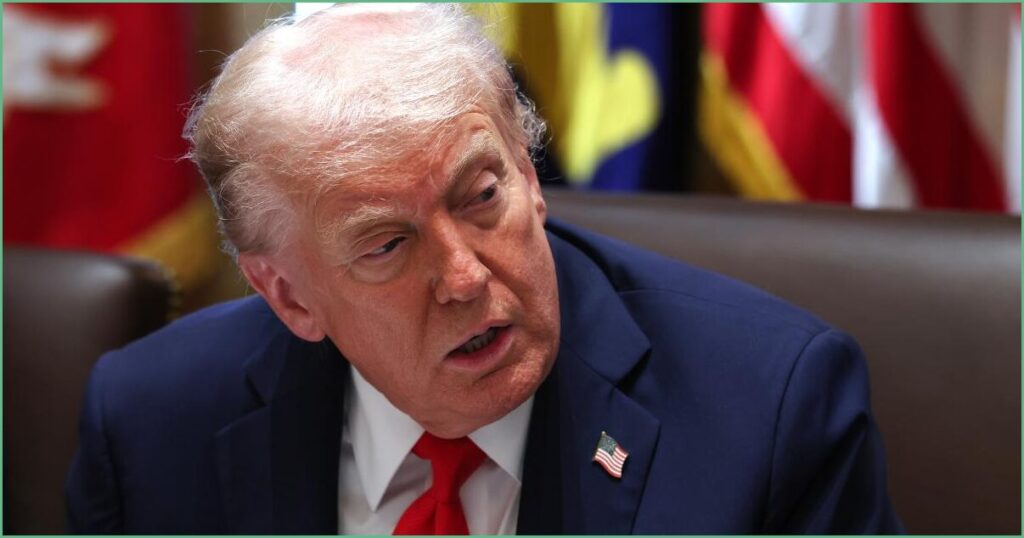Open the Government to Protect Our Troops
A government shutdown isn’t an abstract political fight; it’s a direct threat to the men and women who defend the country. When funds for paychecks, training, and critical supplies are frozen, readiness suffers and families get caught in the middle. This is not about headlines; it’s about the people who stand between America and danger.
“I will not allow the Democrats to hold our Military, and the entire Security of our Nation, HOSTAGE, with their dangerous Government Shutdown,” he wrote. “The Radical Left Democrats should OPEN THE GOVERNMENT, and then we can work together to address Healthcare, and many other things that they want to destroy.”
That language is deliberate and forceful, and it reflects a simple principle: keep our military funded and safe before bargaining proceeds. Reopening government is the minimum responsible step so commanders can focus on missions instead of budgets. Republicans argue that national security should not be a bargaining chip.
Shutting down agencies delays contracts, halts maintenance, and suspends training cycles, and those delays translate into capability gaps. Suppliers stop work, readiness slips, and allies notice when the U.S. is distracted by internal politics. America’s adversaries look for any opening, and we should not hand it to them.
Service members and civilian employees face real hardship when paychecks wobble, and that stress costs morale and performance. Families delay mortgage payments, small contractors lose business, and long-term damage accumulates quietly. This is not a theoretical problem; it’s a chain reaction with human faces.
Healthcare and other policy debates matter, but they belong to the halls of Congress, not the battlefield or the barracks. The quoted message is clear: open the government first, then tackle the hard issues through debate and compromise. That approach protects people while preserving the friction of democracy.
Calling the opposition the ‘Radical Left Democrats’ is a political frame meant to highlight stark differences over priorities and tactics. From a Republican vantage point, dangerous brinkmanship is the issue, not merely the specifics of policy. The demand is for stability and orderly governance that keeps our country safe.
Practical steps follow from that principle: ensure funding flows for pay and operations, guarantee continuity of care for veterans, and restore contracts so maintenance and procurement can resume. Those are modest, commonsense moves that prevent unnecessary harm. Once the government is functioning, real negotiations over healthcare, budgets, and reform can proceed.
Beyond readiness, shutdowns have a measurable economic cost when defense supply chains stall and contracts pause. Shipyards, avionics firms, and small businesses tied to bases depend on steady schedules and confident procurement. Interruptions raise prices and sap efficiency, which is ultimately a bill for taxpayers and a problem for national defense.
Veterans and dependents also feel the fallout when administrative work slows down and benefits are delayed. A stalled system means longer waits for claims, slower approvals for care, and more red tape for people who already sacrificed. Any party that lets that happen is failing the men and women who served.
There are better procedural choices than blanket shutdowns, such as targeted funding for defense and critical services while policy disputes continue. Congress can protect national security through appropriations or short-term fixes without trading lives or equipment for leverage. Republicans press for those concrete protections and for a return to responsible lawmaking.
Voters expect leaders to protect national security and shield troops from political standoffs. When lawmakers choose posturing over practical solutions, they risk public trust and the effectiveness of our armed forces. Responsible governance starts with keeping the machinery of national defense running.
Open the government now; our troops need action, not politics.
